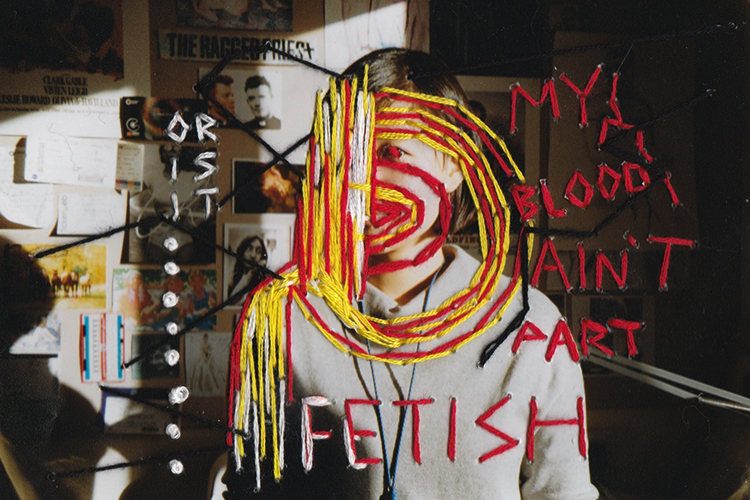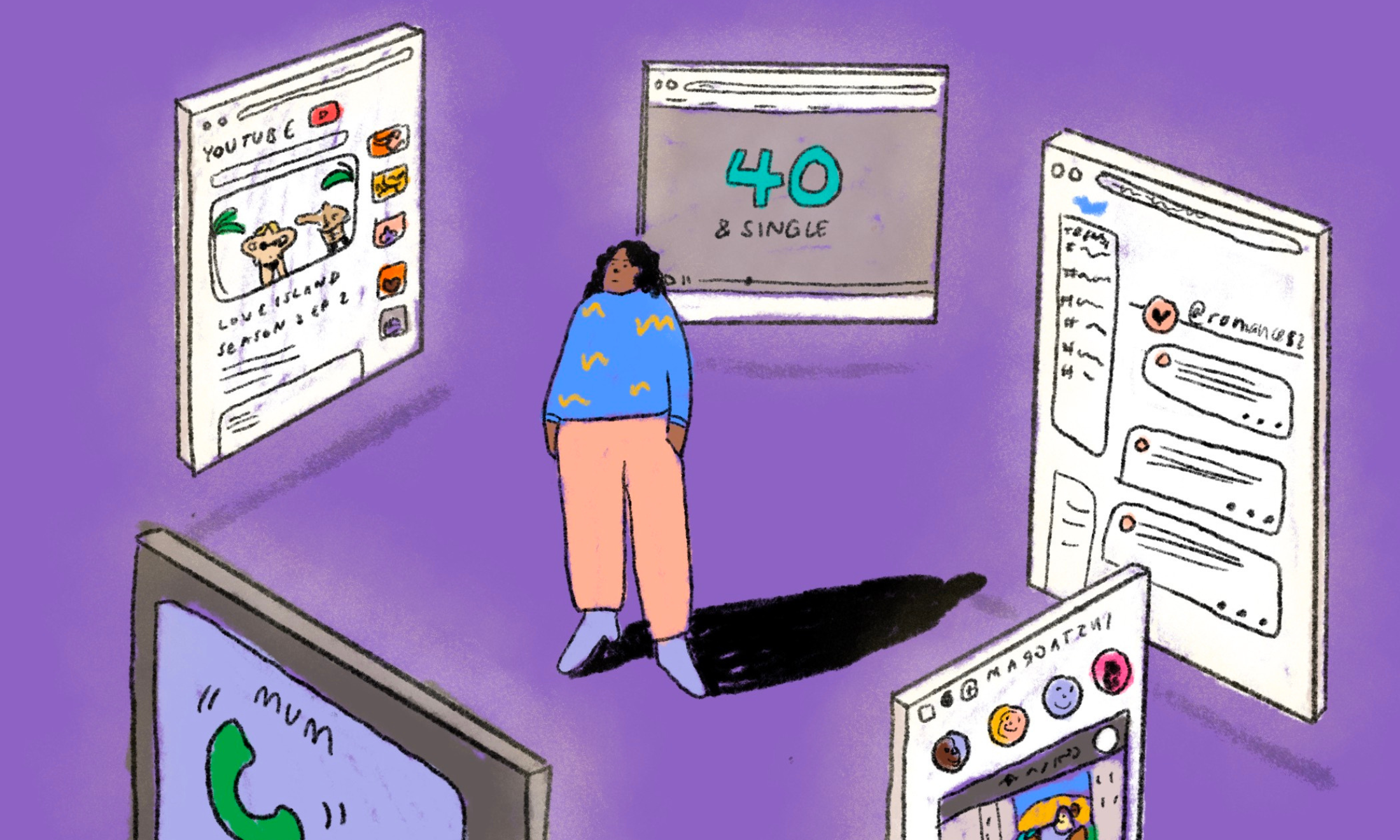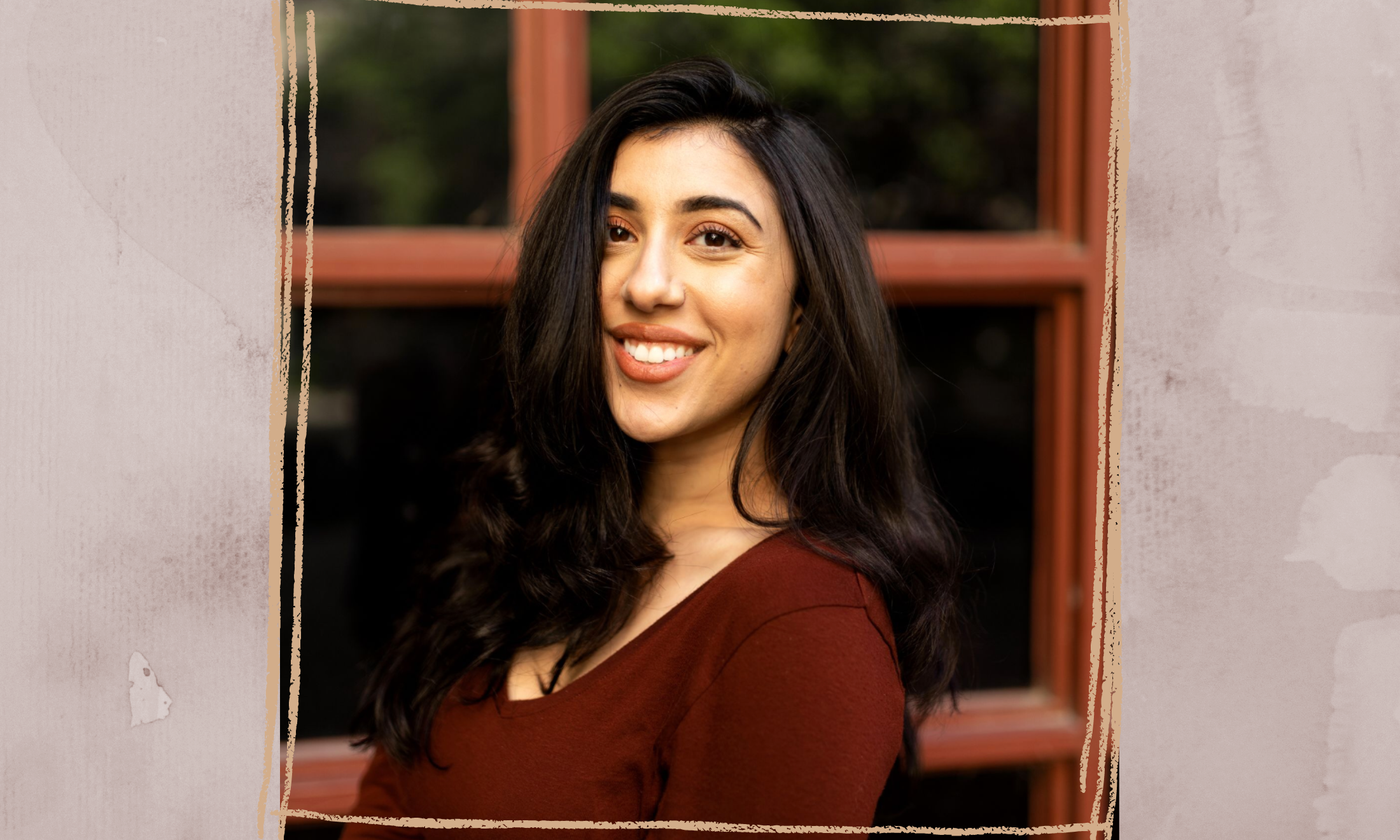
In the run up to our birthday and release of our second print issue, we’ll be posting articles focusing on this year’s theme of ‘HOME’ . They will feature content centred around our experiences relating to what home means for us as women and non binary people of colour, in a personal and political sense. Tickets for the print launch on Friday 29 September are sold out, but you can pre order the issue here.
When I was 18 I was living in Japan with my white father, who was dating his 22 year old student. They had to keep their relationship a secret from her parents and when I asked him why he wasn’t dating someone his own age, he replied, “If a woman is single and over 30, there must be something wrong with her”. He has displayed this problematic view of women for as long as I’ve known him. In particular, I have noticed he has a fetishistic, exoticising relationship with Asian women, which includes my own mother.
My parents met when my mother was 20 and my father was 33. They had me, moved to Canada, and divorced shortly after. Typical for children of divorce, I had to listen to my parents’ remarks about one another for years after they separated. He said – of my mother moving to Canada, making friends, and having a social life – “after we moved to Canada she became full of herself, cocky, conceited”. This translated to him expecting my mother to remain a young, quiet, obedient Asian wife whose role was to support and elevate her white husband. I learned to view the remarks coming from his side through the lens of the gendered and racialised history between white men and non-white women.
“My dad is not woke, but he is completely aware of his advantageous position, and exploits it”
When I was a teenager, I asked my dad why he exclusively dated Asian women. He replied “someone like me can get a better sort of woman there”. The long colonial history that has elevated white, Western nations to privileged positions has simultaneously rendered the people from these nations to the top of the racial hierarchy. My dad is not woke, but he is completely aware of his advantageous position, and exploits it.
These persistent comments are etched throughout my memories. I didn’t understand them when I was younger but for some reason they remained vivid. It took me years of reading, studying and talking to learn to interpret these interactions through the framework of postcolonialism.
“A part of cultivating a home here – a safe space – has been cutting myself off from the problematic people that disrupt that space”
Home is often family and the practices and traditions that manifest over years. Since moving to London, for me home has been the friends I’ve met, the habits I’ve formed and the neighbourhoods I’ve lived in. A part of cultivating a home here – a safe space – has been cutting myself off from the problematic people that disrupt that space. But, what if that problematic person is your own father?
I haven’t spoken to him in five years. I made that decision after spending a long period of witnessing his exploitative relationship with my mother, after all his microaggressions towards Asian women, and after questioning his inherent beliefs in an exotic “other”. As I began to read and become familiar with race and postcolonial theory, I discovered that he was the man that these texts alluded to: the white Westerner painting Asia with an orientalist brush and viewing the women from there as his inferior. Asian women, like me.









